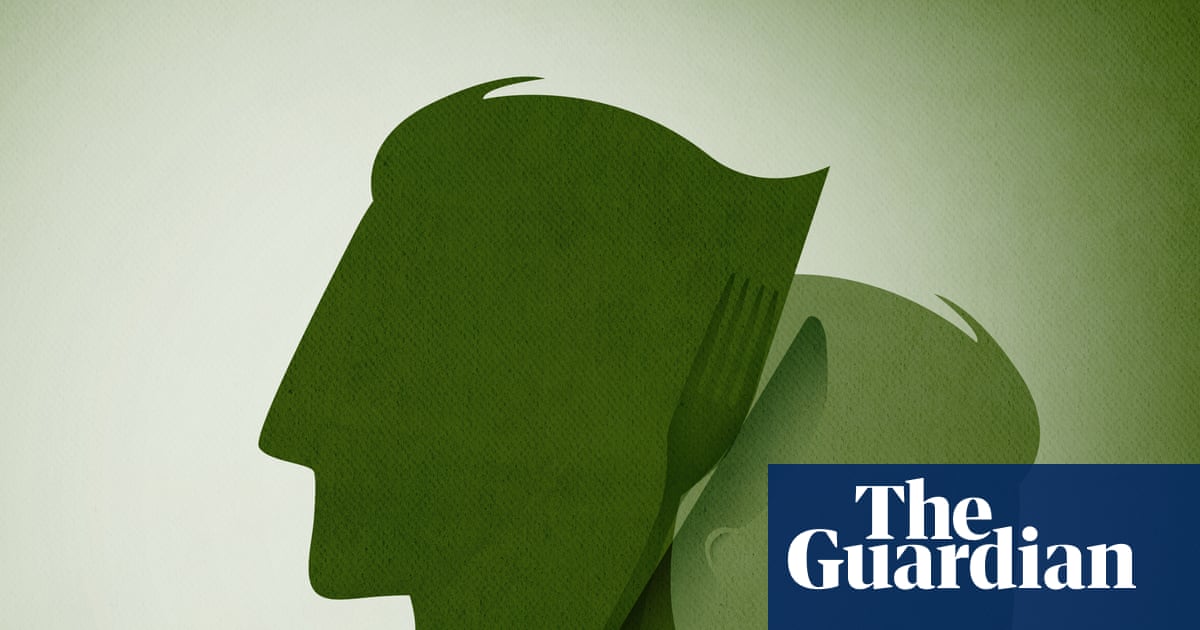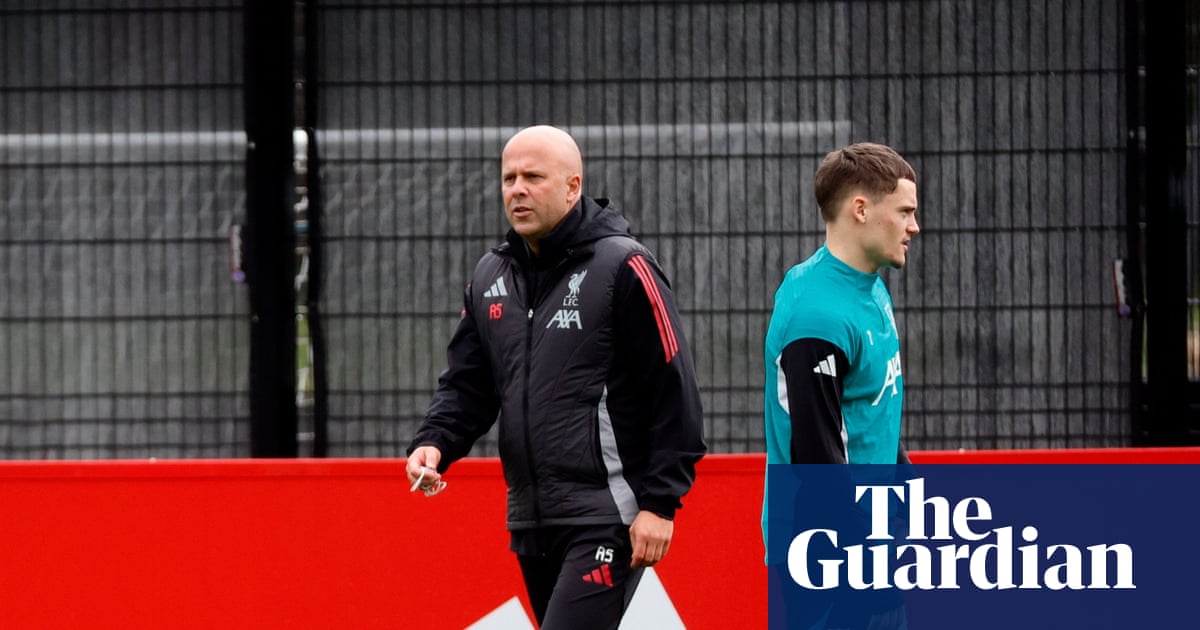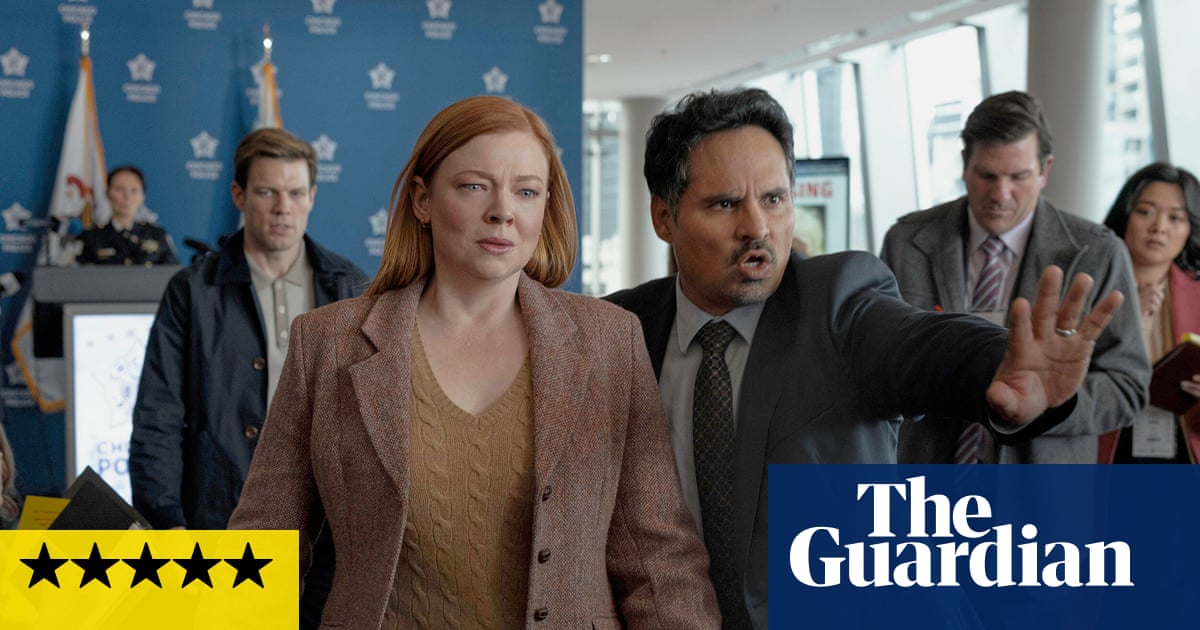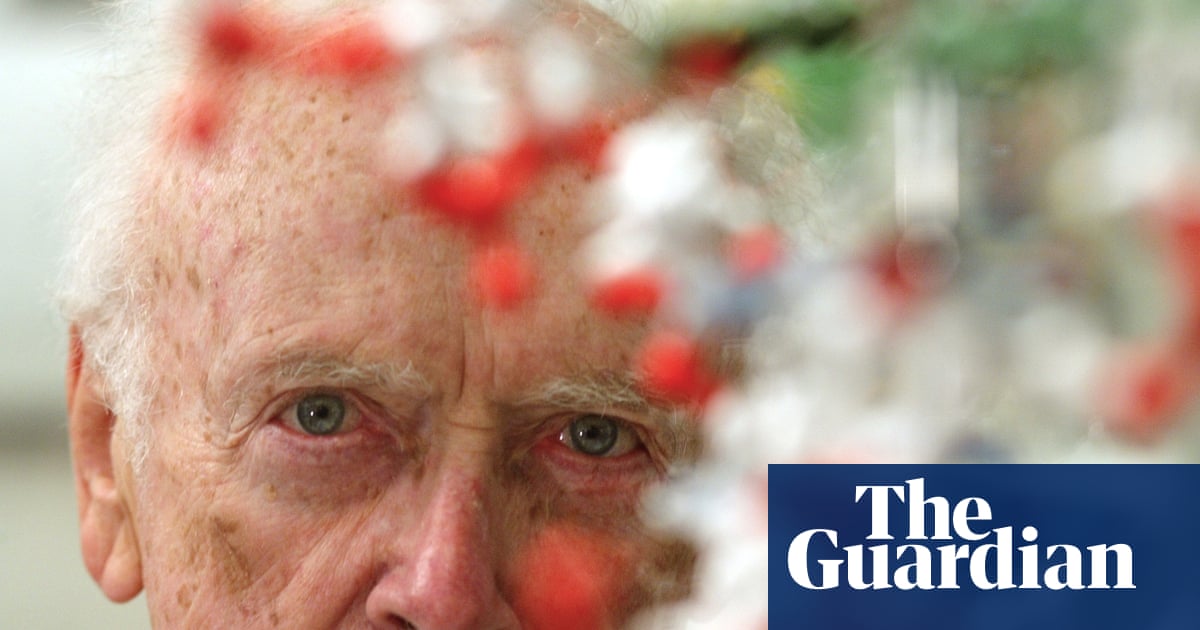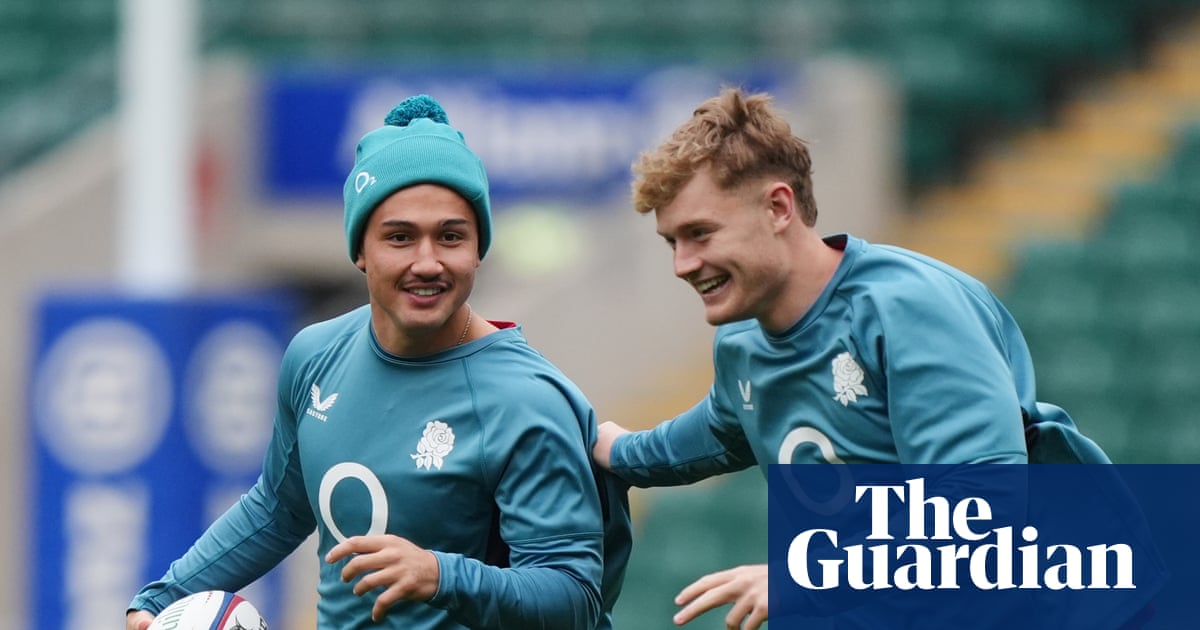This stage adaptation of John Carney’s 2016 film is an exemplar of the “uplifting” musical, puppyishly so. Set in 1980s Dublin in the doldrums amid a fractious family and a classroom pop band, it seems at pains to stay bright-eyed, heartwarming, no matter the darker turns of its story.
This is its undoing, in some ways. Set with a throwback Top of the Pops soundtrack of new romantic and pop hits (Duran Duran, Blondie, A-ha, and more), it features a group of song-writing teens led by 16-year-old Conor (Sheridan Townsley), whose family’s fortunes are as low as those of recession-hit Dublin. There are his perpetually arguing parents in the background along with his depressed yet wise older brother, Larry (Harry Curley), and sister, Anne (Tateyana Arutura), who is under pressure to be the success of the siblings. In the foreground is the band, formed in a council-estate living room, with a motley crew of boys who want to make music to attract girls.
Premiering in London following runs in Boston and New York, and directed by Rebecca Taichman, the production is staged in an exuberant if strange in-between register which mixes the naturalism of the coming-of-age film with break-outs into musical expressionism and kinetic projections that fizz around the stage.
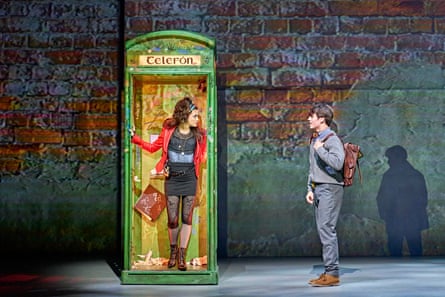
This melange is certainly theatrical but takes away the nuance and grit of the story, which includes poverty, economic migration, bullying and incest. Spoken scenes are brisk and explanatory. There are a few very peculiar interludes with Larry moving languorously across the sofa to music. It works better in the second half, which opens with a full-on gig in which we become a stadium-style audience.
But Enda Walsh’s script remains spare and thuddingly simplistic in its story; Conor meets love interest, Raphina (Grace Collender), all fish-nets, mesh and eyeliner, propped against a phone-box, and seems to become an instant pop lyricist, with a few helpful platitudes from his brother.
There is comedy as the band figures out its look – from Adam Ant-esque dress-up to Cure-style gothicism, but there are not enough adjoining scenes to the songs to give the drama, and its characters, much depth.
It seems to aspire to be like The Commitments but feels like a paler reflection. What saves it is the score – the original by Carney and Gary Clark – and the singing. There are high-quality performances and strong voices particularly from Collender and Townsley. Emotion is eked out by the end, although the show drags its feet to get there. Ultimately, it is gig theatre, with a vacuum in-between its uplifting songs.

 3 months ago
105
3 months ago
105
